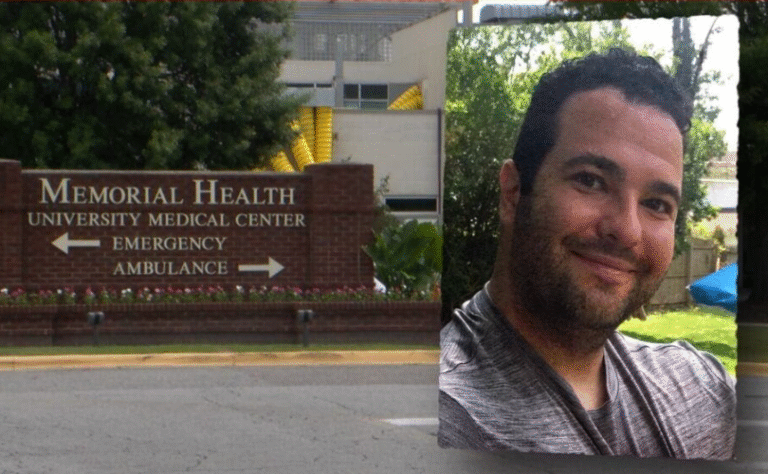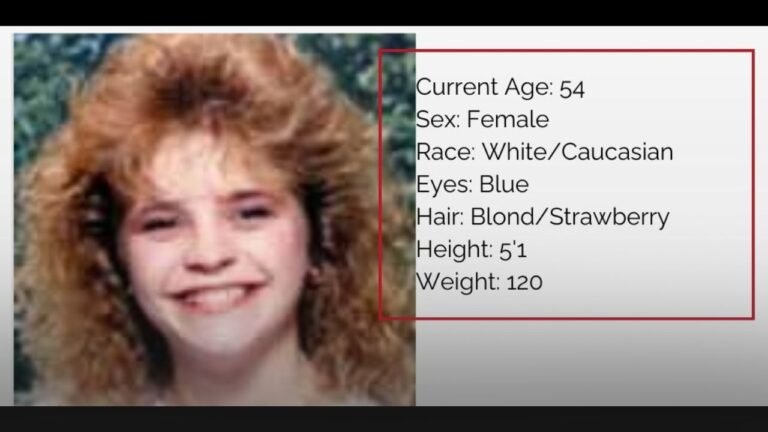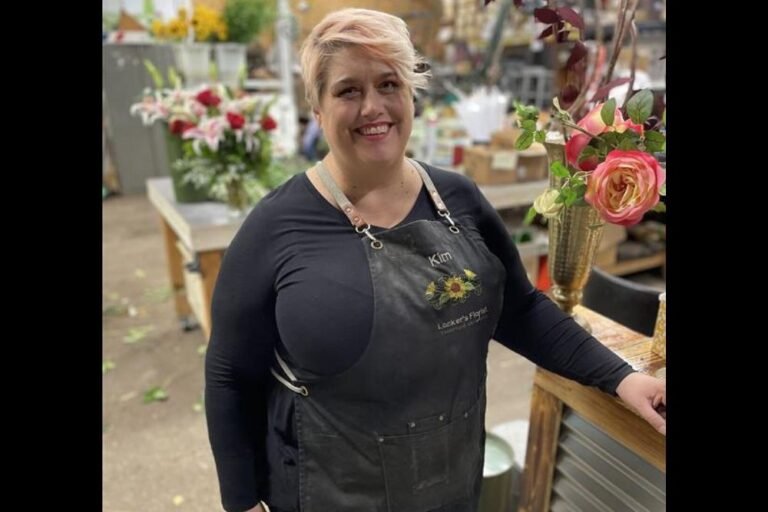Georgia HBCU Students Learn About Urgent Need for Organ Donation
ALBANY, GA. — Students from two of Georgia’s historically Black universities are helping bridge a lifesaving gap by learning about the critical need for organ donation among African Americans.
This week, students from Fort Valley State University and Albany State University visited the LifeLink of Georgia Donor Care Unit in Atlanta, where they observed firsthand how organ, eye, and tissue donations change — and save — lives.
According to LifeLink of Georgia, more than 100,000 people nationwide are currently waiting for organ transplants. Of those, over 3,100 are Georgians, and nearly two-thirds are Black — highlighting a deep racial disparity in both access to transplants and donor availability.
‘A Touching Moment of Humanity’
For Dr. John Williams, Chair of Natural Sciences at Albany State University, the visit was more than educational — it was emotional.
“This is actually a really touching moment where someone has decided, as I leave this earth, I want to provide someone with the opportunity to have a better life,” Williams said. “To me, that’s amazing — really amazing.”
Williams emphasized the importance of HBCUs leading the conversation about organ and tissue donation in communities most affected by health inequities.
“It’s very important for HBCUs to take the lead in helping to provide this information,” he explained. “Not only to the community at large but also to those more likely to be impacted by diseases and conditions that could lead to organ donation — whether for themselves or for members of their family.”
LifeLink’s Mission to Educate and Empower
Between 1998 and 2018, LifeLink of Georgia nearly tripled its annual organ recoveries — from 41 to 118 — reflecting significant progress in outreach and donor awareness.
As part of its Multicultural Donation Education Program, LifeLink partners with educational institutions and community organizations to ensure that more African Americans understand the process, the impact, and the hope that comes with organ donation.
Bobby Howard, director of the program, said the partnership with HBCUs provides students — many of whom are training for careers in healthcare — with a broader view of how they can serve their communities.
“It also gives them another option,” Howard said. “They may not want to be a hospital nurse or work in a clinic, but this experience shows them another path to help others and advance their careers.”
Breaking Myths and Building Awareness
Howard added that the educational outreach is designed not only to inspire careers but also to dispel misinformation about organ donation within Black communities.
“Even if they don’t stay in Georgia or change professions, having the facts allows them to answer questions from friends, family, and others in their community,” he said. “We want to make sure they have all the factual information to share — and help spread understanding instead of fear.”
By empowering future healthcare leaders and encouraging community engagement, LifeLink of Georgia and these HBCUs are taking crucial steps toward closing the organ donation gap — one conversation, one life, and one student at a time.
If you or someone you know wants to learn more about organ donation or how to register as a donor, share your thoughts and join the discussion at SaludaStandard-Sentinel.com, where community-driven stories continue to inspire change across Georgia and the Carolinas.







